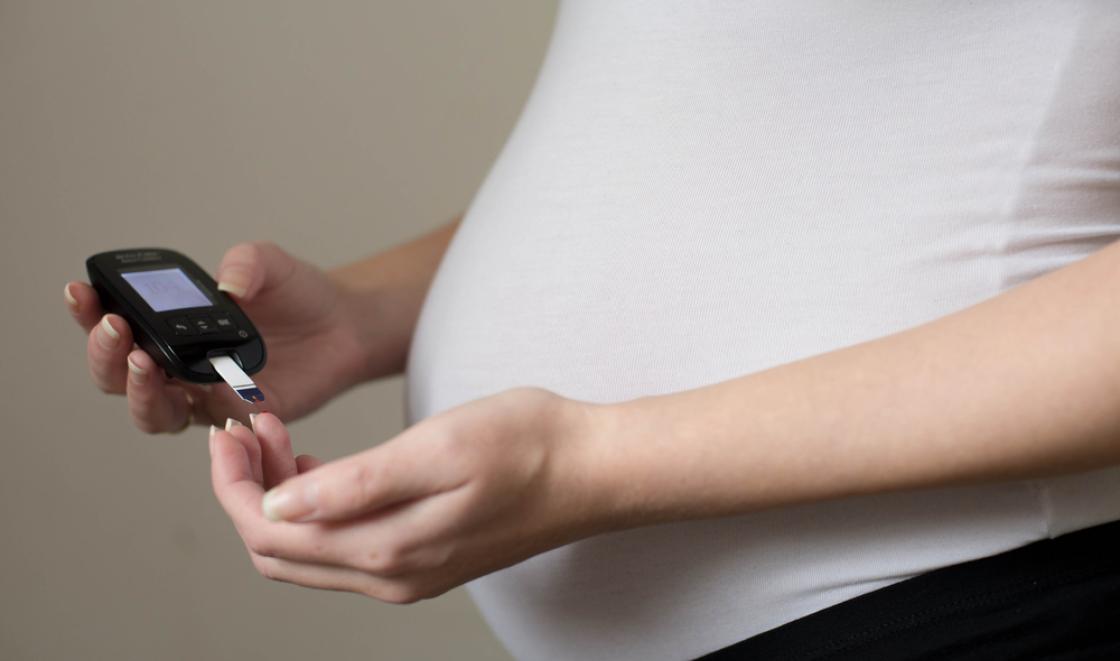Project aims
This study aims to establish the extent to which gestational diabetes mellitus (GDM) is associated with adverse maternal mental health outcomes and whether mental disorder in those with GDM is associated with subsequent development of Type 2 diabetes and adverse child neuro-behavioural outcomes.
How the study will be carried out
This study is funded by the MRC Clinical Research Training Fellowship supervised by Professor Louise Howard, Professor Khalida Ismail and Professor Emily Simonoff at the Institute of Psychiatry, Psychology and Neuroscience at King’s College London.
It will be divided into individual substudies:
- Study 1a- a systematic review and meta-analysis of prevalence and odds of perinatal mental disorder in women with GDM.
- Study 1b- risk for perinatal mental disorder in women with GDM will be assessed from a questionnaire about mental symptoms and diagnoses from primary care records.
- Study 2- future risk of Type 2 diabetes in women with GDM and antenatal mental disorder will be investigated using primary care diagnoses of Type 2 diabetes.
- Study 3- neuro-behavioural outcomes of children whose mothers had GDM and antenatal mental disorder will be investigated using two measures of the child’s development at ages four and seven.
The research team will collaborate with Bradford Institute for Health Research (Professor John Wright and the Born in Bradford cohort study team) and the University of Edinburgh (Professor Rebecca Reynolds, Centre for Cardiovascular Science),
Two patient and public involvement groups were involved in the proposal's development and continue to inform the direction of the project:
- King’s College London’s Section of Women's Mental Health Service User Advisory Group
- Born in Bradford Parent Governors' Group
Potential benefits of the research to people in south London
Exploring the relationships between GDM and mental disorder and potential mechanisms for the associations will help inform tailoring of healthcare interventions for women with GDM to better support their needs and improve longer-term health outcomes for women and their children.
The study was adopted by ARC South London in November 2019 and will be completed by August 2020.
Project lead
Dr Claire Wilson MRC Clinical Research Training Fellow
Publications
